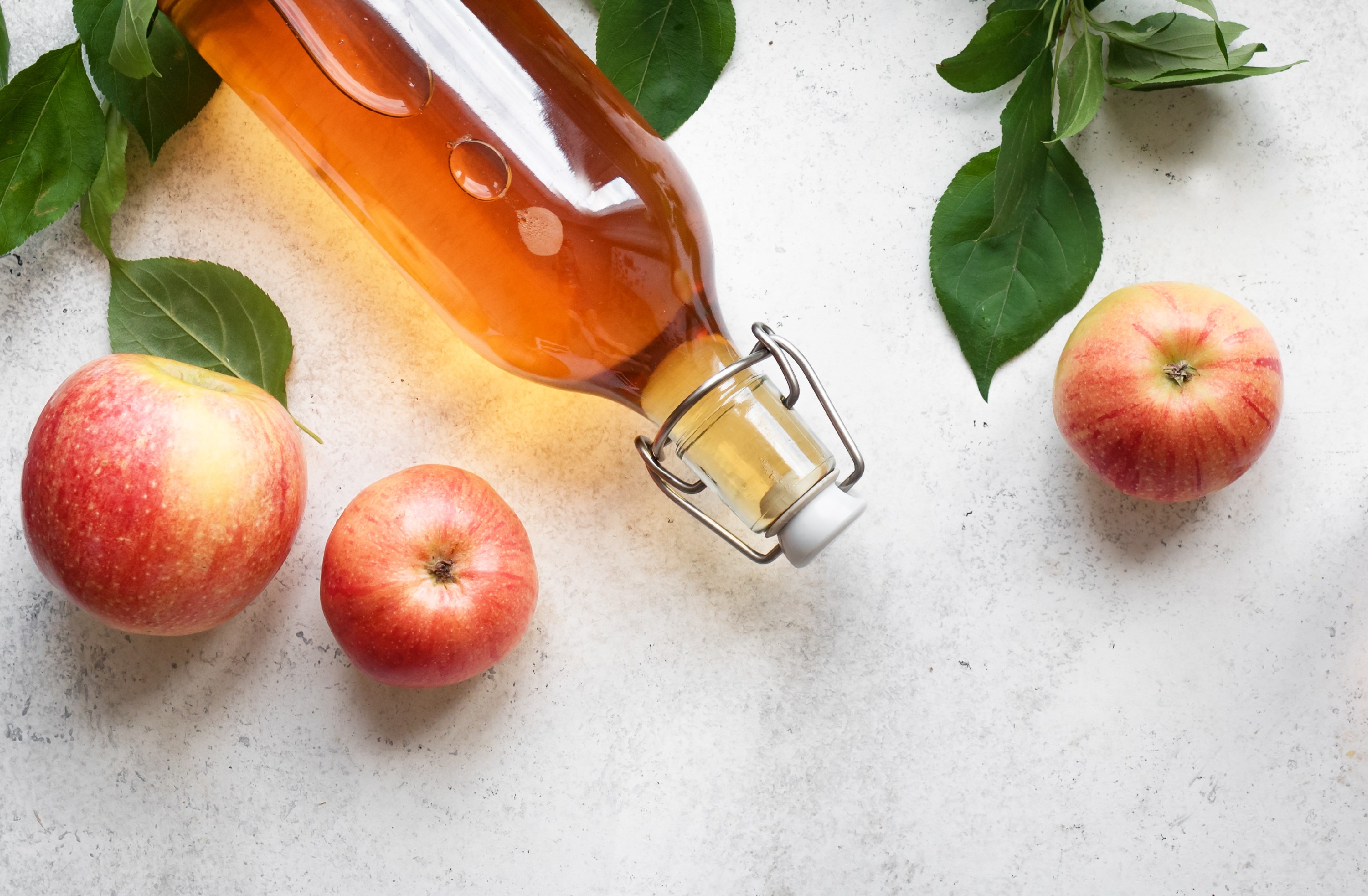A beginner’s guide to understanding probiotics and how to maintain a healthy gut
Do you ever experience bloating, indigestion, excessive gas, skin irritations, or fatigue that seemingly arise out of nowhere? It could be that you have an unhealthy or unbalanced gut. Thankfully, probiotics are a simple and effective way to restore your gut to tip top shape and can assist with maintaining healthy weight, improved digestion, enhanced immune function and improved skin health.
What are probiotics?
Probiotics are a combination of live bacteria and/or yeasts that naturally live in your body. I know what you’re thinking, bacteria sounds like something that makes you sick, right? Actually, we all have two kinds of bacteria within our bodies - good bacteria and bad bacteria. Probiotics are made up of the good kind of bacteria that helps keep your body healthy and working as it should. Probiotics even fight off bad bacteria when we have too much of it, helping you feel better when nasty side effects like bloating arise.
Probiotics should not be confused with prebiotics, which are carbs or dietary fibers that help feed the friendly bacteria already in your gut. You can find prebiotics naturally in fruits, vegetables and legumes, or added into many probiotic supplements to further support digestive health.
How do probiotics work?
When you are sick, bad bacteria enters your body and multiplies, unbalancing your gut. The main job of probiotics is to use good bacteria to restore this balance and help you feel better, while supporting your immune function and controlling inflammation. Good bacteria can also assist with:
- Helping your body digest food
- Keeping bad bacteria at bay
- Supporting the cells that line your gut to prevent bad bacteria that you may have consumed (through food or drinks) from entering your blood
- Breaking down and absorbing medications
This balancing of bacteria is actually happening within your body naturally all the time. Probiotics are a simple and effective supplement to support a healthy and balanced gut, and to eradicate unwanted symptoms of unbalanced gut bacteria.
Are there foods that support a balanced gut?
There are endless options of tasty foods that support a healthy gut. Live yoghurt, cottage cheese, tempeh, fermented foods such as kimchi, sauerkraut, miso, fermented drinks, and sourdough bread, olive oil, almonds, bananas, garlic, ginger, and foods high in fibre such as peas, lentils, beans, broccoli, berries, avocados, nuts and whole grains, are all easy to incorporate into your diet and support healthy digestion and a balanced gut.
How should I choose what probiotic supplements to take?
There are seemingly endless probiotic supplements to choose from, which may feel overwhelming for a newbie. Probiotics can come in the form of capsules, powders, and even drinks.
We recommend choosing a supplement that fits in best with your lifestyle, so taking it feels more like second nature and less like a chore. Do you start your day with a breakfast smoothie? A tasteless or lightly sweetened powder probiotic can easily enhance any juice or smoothie. Are you always on-the-go? A once-daily probiotic capsule can be taken any time, anywhere.
There are also many different probiotic strains to consider. Your gut is diverse, so your probiotic should be too. Go for a supplement that contains multiple strains and billions of colony-forming units (CFUs) per dose. Doses can range from 2-100 billion CFUs, which reflects the potency and number of probiotic strains in the product. The more probiotic strains, the higher the CFU. We recommend starting low and increasing gradually over time.
However, probiotics alone aren’t enough to keep your gut in optimal condition forever, as many lifestyle factors impact your gut health. Always combine probiotic supplementation with a healthy, nutritious diet and regular exercise.
Now that you’ve got an understanding of probiotics and how to maintain a healthy gut, we wish you luck on your journey to a healthier you!







